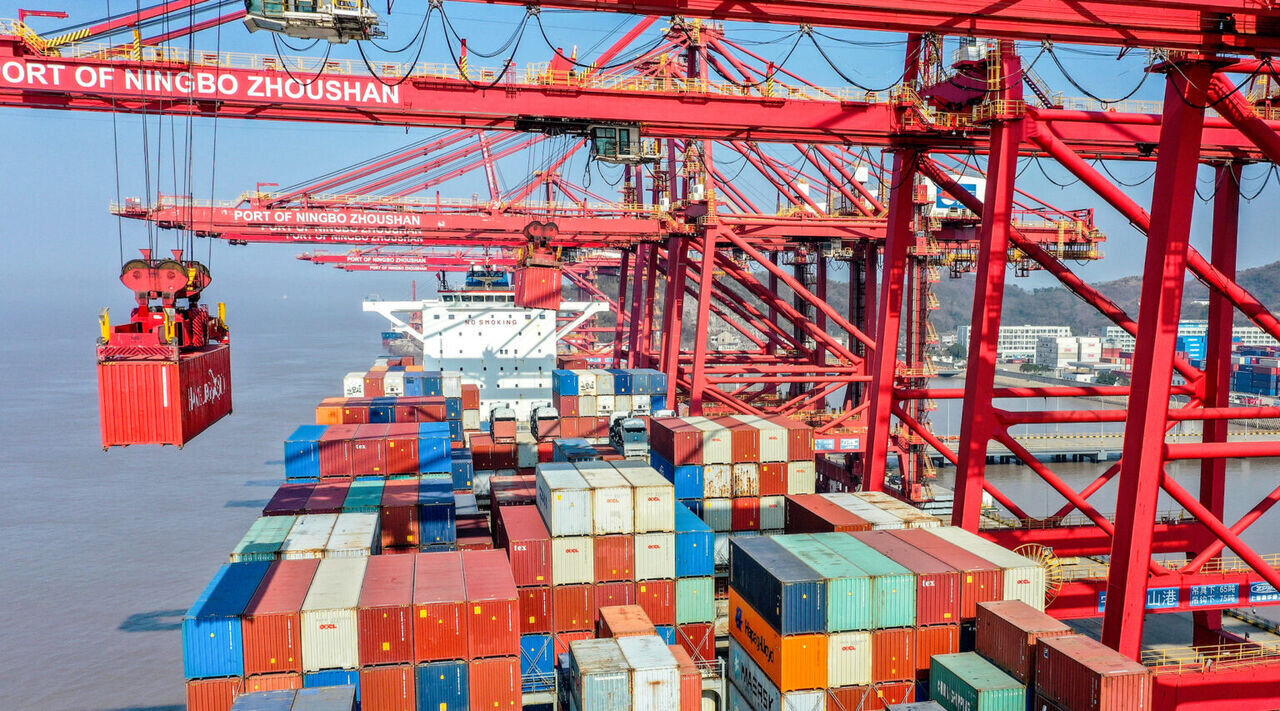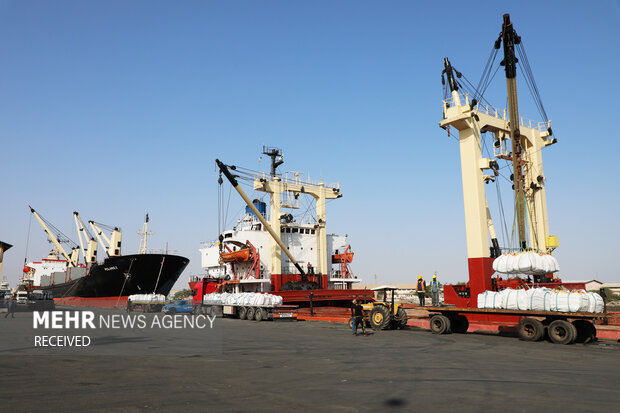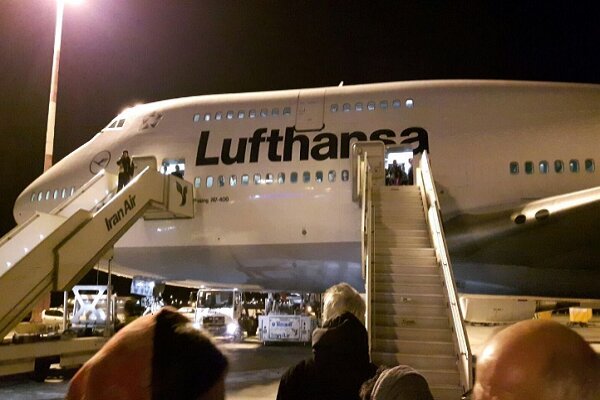
Similar Posts

IMF Greenlights $400 Million Aid Package for Ukraine: A Boost for Economic Recovery
The International Monetary Fund (IMF) has completed its Seventh Review of the Extended Arrangement under the Extended Fund Facility (EFF) for Ukraine, enabling a $400 million disbursement to support the country’s budget amid economic challenges. This funding raises total IMF support to $10.1 billion. The IMF emphasizes the importance of sustained reforms, revenue mobilization, and timely external aid for Ukraine’s recovery. Key reforms include enacting a tobacco excise tax and improving governance. Projections indicate ongoing economic struggles, with GDP growth expected at 2-3% in 2025. The IMF highlights the need for continued progress in anti-corruption efforts and fiscal sustainability.

Iran’s Markazi Province Achieves $1.3 Billion in Exports Over 10 Months: A Trade Milestone!
Markazi province is witnessing significant growth in non-oil commodity exports, with a 25% increase in weight and value from March 21, 2024, to January 22, 2025, compared to the previous year. Governor Mehdi Zandiehvakili projected exports could reach between $1.3 billion and $1.5 billion by March 20, 2025. Emphasizing strategic planning, Zandiehvakili aims for the province to lead Iran in non-oil exports, focusing on infrastructure investment, market research, and capacity building for local producers. This initiative not only seeks to diversify the economy away from oil but also aims to create jobs and improve residents’ quality of life.

Unlocking Investment Opportunities: How Free Zones Boost Foreign Direct Investment
Free zones are vital in the global economy, attracting multinational corporations with tax exemptions, regulatory flexibility, and streamlined trade processes. They reduce operational costs, mitigate investment risks, and provide duty-free imports, enhancing profitability and access to international markets. Countries like the UAE, Singapore, and China leverage free zones to attract foreign direct investment (FDI). However, challenges such as tax evasion and illicit trade require careful oversight. Policymakers should focus on continuous regulatory improvements, strengthening trade agreements, and fostering public-private partnerships. The rise of smart free zones with digital platforms will further solidify their role in shaping international trade’s future.

Russia Responds to Trump’s Bold Threats Regarding BRICS Currency: Tensions Rise
The BRICS alliance, consisting of Brazil, Russia, India, China, and South Africa, has clarified that it is not pursuing a common currency but is focused on enhancing investment cooperation among its members. Kremlin Spokesman Dmitry Peskov responded to US President Trump’s tariff threats by emphasizing BRICS’ commitment to developing joint investment platforms to facilitate investments in third countries and strengthen economic ties. As the group expands with new members set to join in 2024 and 2025, BRICS aims to reduce reliance on the US dollar and foster a multipolar world, enhancing trade relations and economic collaboration.

Devastating Winds and Lightning Storms in Iran: 9 Lives Lost and 86 Injured
Severe weather in Iran has resulted in nine fatalities and 86 injuries due to strong winds and lightning strikes from April 27 to May 5. Emergency services emphasized the need for safety precautions, urging the public to stay indoors during storms, avoid tall objects, monitor weather updates, and prepare emergency kits. The casualties included four deaths from strong winds and five from lightning. Community preparedness is crucial, with local authorities encouraged to promote awareness through workshops and outreach. The recent tragedies highlight the importance of vigilance and proactive measures to enhance safety during extreme weather events.

Lufthansa and Austrian Airlines Set to Relaunch Flights at Imam Khomeini Airport
Two airlines are set to resume operations on March 1 and March 2, signaling a positive trend in air travel. A spokesperson reported a 4.8% increase in passenger flights, with 47,476 flights conducted from January to mid-February this year. Cargo flights have surged over 69%, reflecting strong demand in freight transportation. Airlines are implementing enhanced safety protocols, flexible booking policies, and improved customer service to boost traveler confidence. This resurgence is expected to benefit tourism, trade, and local economies, while also creating job opportunities in the aviation sector, paving the way for future growth in air travel.